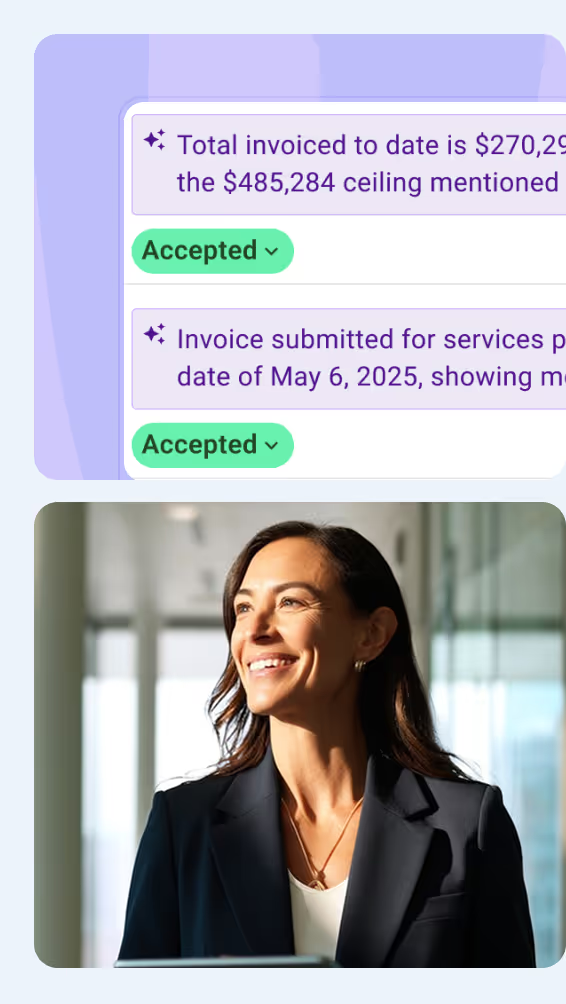To quote Eminem, preparing for a PCG meeting can feel like this for a project manager:
"His palms are sweaty, knees weak, arms are heavy · He's nervous, but on the surface, he looks calm and ready to drop bombs (i.e., delays), but he keeps on forgetting what he wrote down."
To avoid mom's spaghetti on your nice shirt ahead of a Project Control Group (PCG) meeting, effective preparation is important, especially with what may transpire in the meeting. PCG Meetings are critical, regular junctures in capital project management where stakeholders make vital decisions that steer project direction.
But how do you prepare for a PCG meeting that would exude trust and confidence despite the weight of the project? This guide provides detailed steps to prepare for a PCG meeting, enhancing project management techniques and ensuring successful outcomes.

Understanding the Role of PCG Meetings
A Project Control Group (PCG) meeting is a regular forum where critical stakeholders in a construction or capital project come together. These meetings are essential for assessing project progress, addressing budget and timeline concerns, and resolving potential roadblocks.
PCG members typically include:
- Project owners
- Client-side project managers
- General contractors
- Design consultants
- Project sponsor
- End users
During a PCG meeting, you can expect updates on all aspects of the project, from project milestones discussions on design decisions, budget reviews, risk analysis, and open dialogue to address challenges and optimize the project's path forward.
Key Steps for Effective PCG Meeting Preparation
1. Get up to speed.
Before the meeting, thoroughly review all relevant project documentation received during the period. This ensures you are well informed about the project's status and can contribute effectively to the discussions.
2. Prepare a PCG Report.
A PCG report is a formal document that provides a detailed overview of a project's status. Most often in A4 Portrait format or A4 Landscape dashboard style, it covers the work completed, ongoing tasks, budget utilization, timelines, challenges encountered, and any adjustments made to the original project plan.
Check out our blog on How to Write a Project Report.
3. Set a Date, time, and location for the PCG Meeting.
Arrange a date and time that works best for everyone. Mornings are better, so everyone is alert and try to allow for 3 hours. If you can, try to set a date and time beforehand at the end of the meeting while you have everyone in a room together.
4. Ensure Clear Objectives for the PCG Meeting.
To help prepare an agenda, clearly define what you aim to achieve during the meeting. Objectives guide the discussion, ensuring the meeting remains focused and productive on moving the project forward.
5. Crafting a Structured PCG Meeting Agenda.
Create a well-organized agenda that lists all discussion topics logically, allocates time for each item, and distributes it to participants before the meeting. Try to fit the agenda on 1 x A4 page and print it out for those who would like to have it in front of them in the meeting, if in person.
Download a free Project Meeting Agenda Template here from our Template Library.

6. Issue the PCG Report & PCG Meeting Agenda one week before the meeting.
It's often unlikely they will read it, but as a professional courtesy, it is best to issue the PCG report, PCG meeting agenda, and any other pre-reading a week before. This will make you look organized and on top of your stuff. Keep overall file size low and issue the documents in PDF format for easy viewing and control.
7. Organizing Supporting Materials.
Compile necessary supporting materials such as charts, graphs, and timelines to aid in discussing complex points and supporting your viewpoints. Some project managers even go as far as preparing a PCG Meeting Presentation! It could be overkill, but an excellent PCG report serves both.
8. Do 'Pre Minutes'.
One trick that's worked best for project management consultants was doing pre-minutes. Take the agenda and make detailed notes on your talking points and predicted topics. Step through the meeting and consider who needs what, what people might say, and how you will respond. Consider potential questions and prepare thoughtful responses to enhance your credibility and the fluidity of the meeting. This makes notetaking during the meeting easy and helps to run a super tight meeting. It makes preparing minutes earlier, too.
9. Proactive Stakeholder Engagement.
Engage with other stakeholders before the meeting through informal discussions to understand their perspectives and gather preliminary feedback. Remind them of the upcoming PCG meeting and what they might like to see or achieve from the meeting.
10. Dress appropriately.
You will know your audience. However, it is always important to dress appropriately. This will enhance your credibility and professionalism and instill confidence in your PCG members.
Check out our blog on What to Wear to a PCG Meeting.
The Impact of Thorough Preparation
Effective preparation for PCG meetings enhances not only the productivity of the meeting itself but also significantly impacts the project's progress. It ensures that all participants are aligned, facilitating more effective decision-making and helping mitigate risks associated with miscommunication and unresolved issues.
Conclusion
Think of PCG meeting preparation as a strategic investment in your construction or capital project's success. These guidelines will arm you with the clarity and foresight needed to excel in those critical decision-making forums.
Remember, the construction industry thrives on well-managed projects that meet deadlines budgets and exceed expectations. Proactive PCG participation is your key to unlocking that potential.











